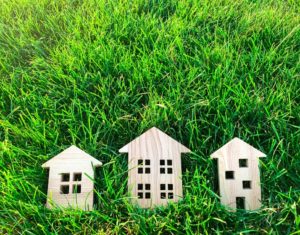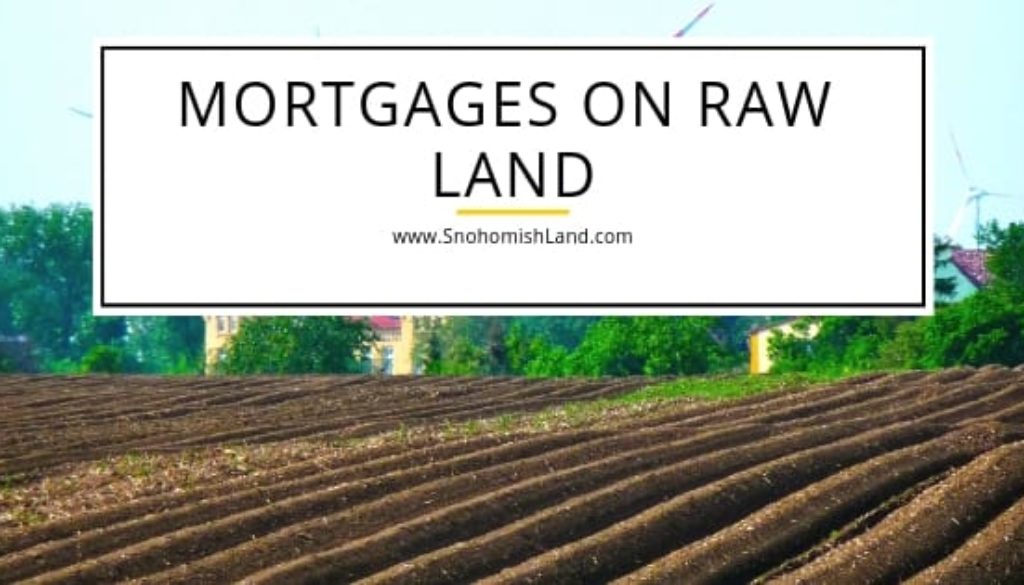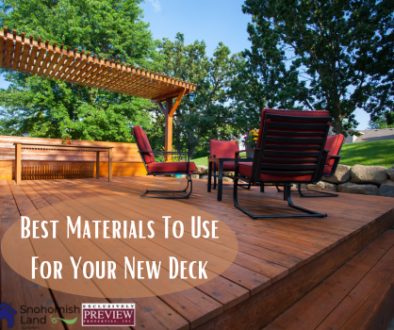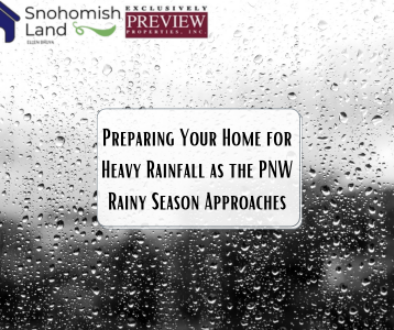Buy Land – How Much Money to Put Down
On average, down payments to buy land, especially unimproved land, require larger down payments than on an improved property or land with a house. Most down payments for lamb loans generally range between 20 and 50% of the purchase price, however, if you’re planning on building a home on that land, the down payment can be less. Many lenders and underwriters handle land loans differently than they do for land with property. There are some lending programs that require as little as 10% down, but there are certain stipulations and requirements that come along with this.
Buying Raw Land
When you’re buying raw land, which means land or property in its natural state without any improvement such as drainage, water, grading, or clearing, you will usually have to make a higher down payment and the lender may also charge a higher interest rate. Raw land is one of the most complicated investments because it’s the riskiest. A borrower is far less likely to default on a home loan than they are on a piece of land without any improvements on it.
But on the flip side, raw land is also much cheaper than improved property. Borrowers tend to pay higher interest rates on raw land because lenders consider this land as a commercial endeavor. Commercial loans generally have more restrictions and lower terms such as a 10 year instead of a 30-year mortgage.
Related: What to Know If You’re a First Time Land Buyer
Buy Land Subdivided
If a lot is already subdivided and the owner is selling lots to build property, it’s considered less risky so the down payment may be between 10% and 20%. If lots have water and sewer systems already installed and the lot is right off of the street, the down payment could be even lower. Often times when lenders realize that a lot is designed to be built upon, they will build in the construction loan with the land loan as well.
If you are going to buy land but you have well-developed plans so that you can show the lender how you will be utilizing the property, lenders will find this more favorable. Lenders need to know about any local zoning codes, variances, easements, and utilities.
Regardless, if you’re going to buy land or even a parcel of land to build upon, it’s important to talk with a lender that is familiar with this type of lending practice. Give me a call today and I can put you in touch with several local lenders that specialize in mortgages on raw or unimproved land.
CONTACT ME TODAY
More Advice for Land Buyers
Do you have to get a commercial loan for buying land?
Different Types of Commercial Real Estate
Buying Farmland in Snohomish County




